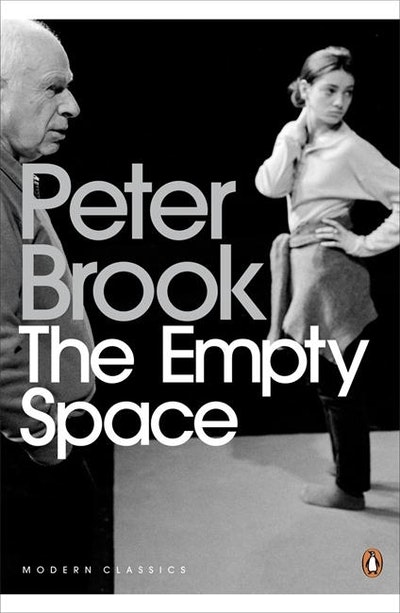

In 'The Empty Space,' groundbreaking director Peter Brook draws on a life in love with the stage to explore the issues facing any theatrical performance.

The book contains the first-time publication of the play "Signed with Blood, or: Bloody Nathan," an adaptation of Lessing's poem by the renowned Israeli dramatist, Joshua Sobol. First published in 1968, 'The Empty Space' is a timeless analysis of theatre, from perhaps the most influential director of the twentieth century. Describing the personal stories underlying productions by Shimon Finkel, Joseph Zur, Joshua Sobol, and Doron Tavory, this original research offers insight into over forty years of Israeli history and its changing relationships with Germany and Austria. I will try to split the word four ways and distinguish four different meaningsand so will talk about a Deadly Theatre, a Holy Theatre, a Rough Theatre and an Immediate Theatre. Through personal interviews, hitherto inaccessible archive material, and the study of a broad range of documents and articles, it presents a fascinating overview of the reception of "Nathan the Wise" in Israel. theatre of box office, foyer, tip-up seats, footlights, scene changes, intervals, music, as though the theatre was by very definition these and little more. According to the Israeli theatre scholar Gad Kaynar, ?there is hardly anything more absurd than to speak about the reception of Lessing in Israel,? (Lessing Yearbook 2000). Written on the eve of the French Revolution, Gotthold Ephraim Lessing's dramatic poem "Nathan the Wise" became a paradigm for modern Jewish identity in nineteenth- and early twentieth-century Germany and Eastern Europe.


 0 kommentar(er)
0 kommentar(er)
